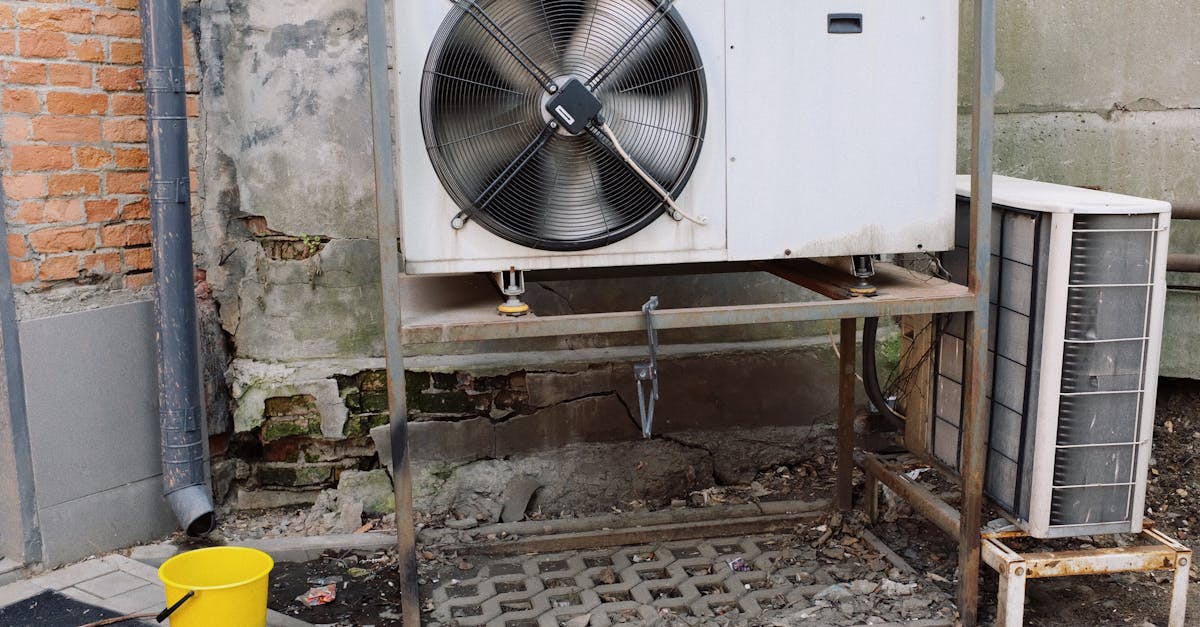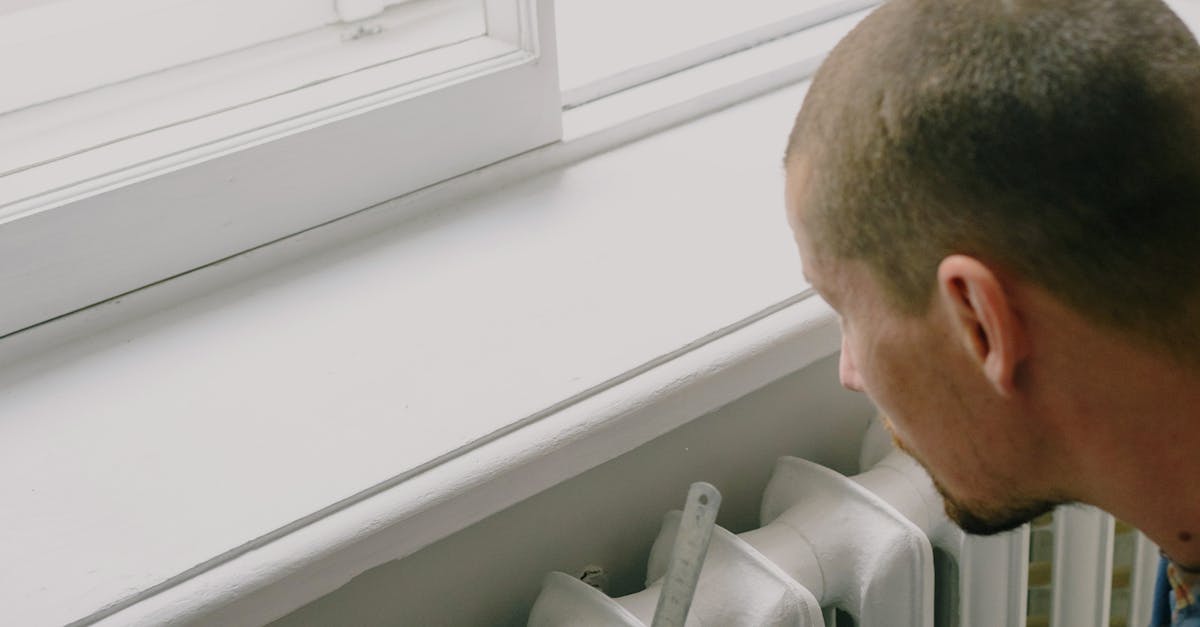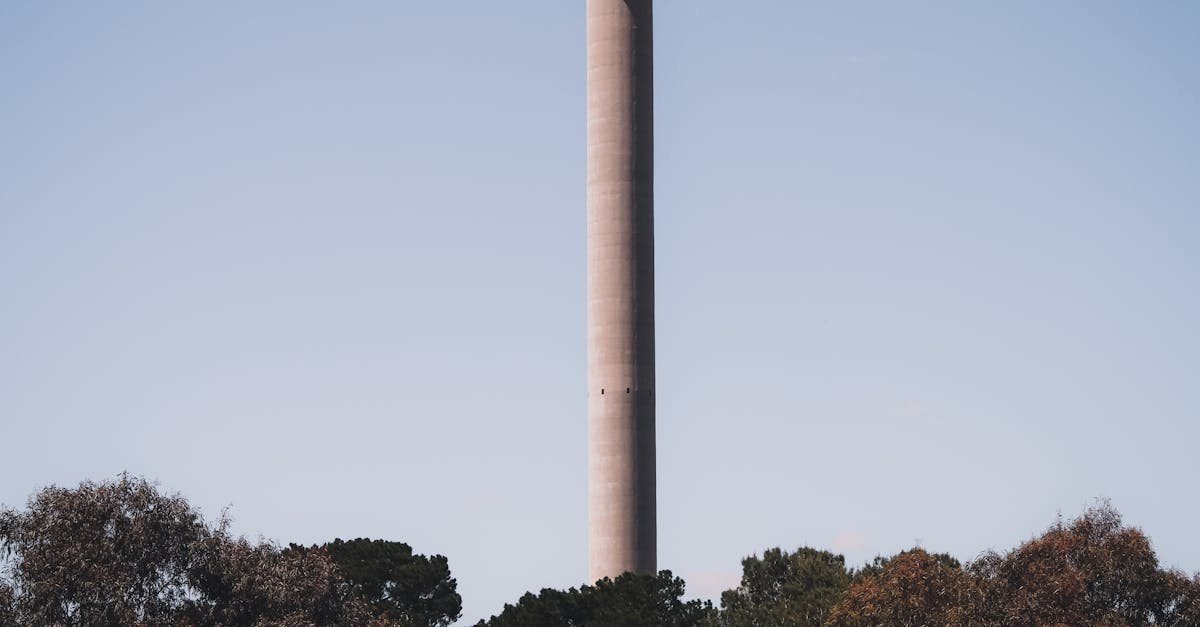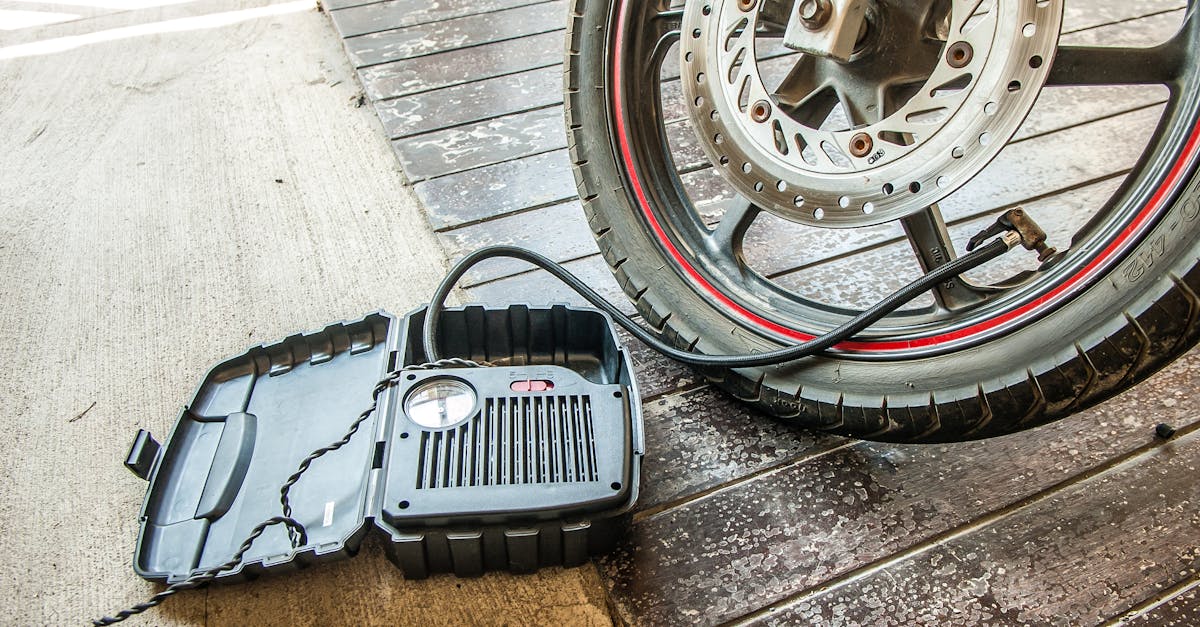
Table Of Contents
Energy Efficiency Concerns
Ducted air conditioning systems are often touted for their ability to provide consistent cooling throughout an entire building. However, issues of energy efficiency frequently arise. These systems can have a higher energy consumption compared to alternative cooling methods, particularly if improperly installed or poorly maintained. Homes in urban areas, such as those utilising ducted air conditioning Birmingham, West Midlands, may experience escalated energy costs, especially during peak summer months. The extensive ductwork necessary to distribute cool air can also contribute to inefficiencies if there are leaks or blockages, leading to lost energy in transit.
Furthermore, the energy demands of a centralised ducted system can place a strain on the overall electricity supply, particularly during peak usage periods. This scenario can increase demand on the local grid, further contributing to greenhouse gas emissions. Although ducted air conditioning offers an aesthetically pleasing solution without visible units, the hidden costs related to energy consumption and potential decreases in efficiency may outweigh the initial appeal. Homeowners need to weigh these aspects when considering the long-term implications of their cooling choices.
Effectiveness Compared to Alternative Systems
Ducted air conditioning systems offer a uniform temperature across large spaces, which can be advantageous for many homeowners. However, when compared to alternative systems such as split or window units, they may not provide the same level of individual room control. In areas like Wolverhampton, West Midlands, where diverse weather patterns can lead to fluctuating temperatures, this lack of granular control can be a notable drawback, leaving certain rooms either too warm or too cool.
Split systems, for example, allow users to adjust the temperature in each room independently, catering to specific preferences and needs. This flexibility can be particularly beneficial in multi-storey homes or larger properties. While ducted air conditioning in Wolverhampton, West Midlands, may be efficient in maintaining an overall comfortable environment, it may fall short in delivering personalised comfort in every space.
Dependence on Central Unit
Ducted air conditioning relies heavily on a central unit to distribute cooled air throughout a property. This centralised system can lead to challenges if the main unit encounters issues, resulting in the entire cooling process becoming compromised. In cities like Birmingham, West Midlands, where summer temperatures can rise, reliance on a single unit can leave homes feeling uncomfortable during peak heat periods if maintenance or repairs are needed.
Moreover, the dependence on a central unit means that any upgrades or replacements will often require significant investment. In Birmingham, West Midlands, many homeowners may find themselves facing the prospect of high costs associated with maintenance and potential overhauls of the ducted system. This reliance on one piece of equipment can be a significant drawback, particularly for those who prefer more flexible and varied heating and cooling solutions.
Implications of Central System Failures
A failure in the central unit of a ducted air conditioning system can lead to significant discomfort and inconvenience for occupants. When the system breaks down, the entire property often experiences a loss of climate control. This not only affects indoor temperatures but can also lead to issues with humidity levels and air quality. Homeowners in regions such as Wolverhampton, West Midlands may find themselves without adequate cooling or heating during extreme weather conditions, causing considerable disruption.
Moreover, the repair or replacement of a central unit can be both costly and time-consuming. Depending on the severity of the issue, repairs may take several days, leaving residents vulnerable to fluctuating temperatures. Additionally, frequent failures can lead to ongoing maintenance costs, which may outweigh the initial savings associated with energy-efficient systems. In such cases, those using ducted air conditioning in Wolverhampton, West Midlands may reconsider the long-term viability of this approach to home comfort.
Inconsistent Cooling
Inconsistent cooling can be a significant drawback of ducted air conditioning systems. Installation may not adequately account for variations in room sizes or layouts, leading to uneven temperature distribution throughout the space. Some areas may feel excessively cool, while others remain uncomfortably warm. Homeowners often find themselves adjusting settings frequently to achieve a uniform temperature across rooms.
This issue can be particularly noticeable in larger properties or those with multiple levels, where airflow may be obstructed or diluted as it travels through ducts. Ineffective zoning can exacerbate the problem, making it difficult to maintain comfort. For residents in areas like Birmingham, West Midlands, the challenges of inconsistent cooling may prompt them to consider alternative climate control solutions that provide more tailored temperature management.
Variability in Climate Control
Ducted air conditioning systems can struggle with providing consistent cooling throughout different areas of a property. These systems rely on a network of ducts to distribute air, which can lead to uneven temperature distribution due to various factors. Insulation quality, duct design, and the layout of a home all play significant roles in how effectively the air flows and reaches each room. The result can be rooms that are too hot or too cold, creating discomfort for occupants.
In regions like Wolverhampton, West Midlands, where the climate can vary significantly, this inconsistency poses a challenge. Homeowners might find themselves adjusting the thermostat frequently to achieve a more comfortable environment. Moreover, if certain areas are allowed to become excessively warm or cool, this can lead to increased energy consumption as the system works harder to compensate. This variability not only affects comfort but may also impact the longevity and efficiency of the system overall.
FAQS
What are the main disadvantages of ducted air conditioning?
The main disadvantages include energy efficiency concerns, reliance on a central unit, potential for inconsistent cooling, and the impact of system failures on the entire cooling operation.
How does ducted air conditioning compare to alternative systems in terms of effectiveness?
Ducted air conditioning can be less effective than other systems, such as split systems or window units, particularly in areas where targeted cooling is required, as it may not provide the same level of control over individual rooms.
What happens if the central unit of a ducted air conditioning system fails?
If the central unit fails, it can lead to a complete loss of cooling for the entire building, as all rooms depend on the central system for air distribution, resulting in discomfort until repairs are made.
Can ducted air conditioning systems lead to inconsistent cooling throughout a space?
Yes, ducted systems can result in inconsistent cooling, as certain areas may receive more air flow than others, leading to variability in climate control and potentially leaving some rooms uncomfortably warm or cold.
Are there any energy efficiency concerns associated with ducted air conditioning?
Yes, ducted air conditioning systems can have energy efficiency concerns, particularly if the ducts are poorly insulated or if the system is oversized, which may lead to higher energy consumption and increased utility bills.


